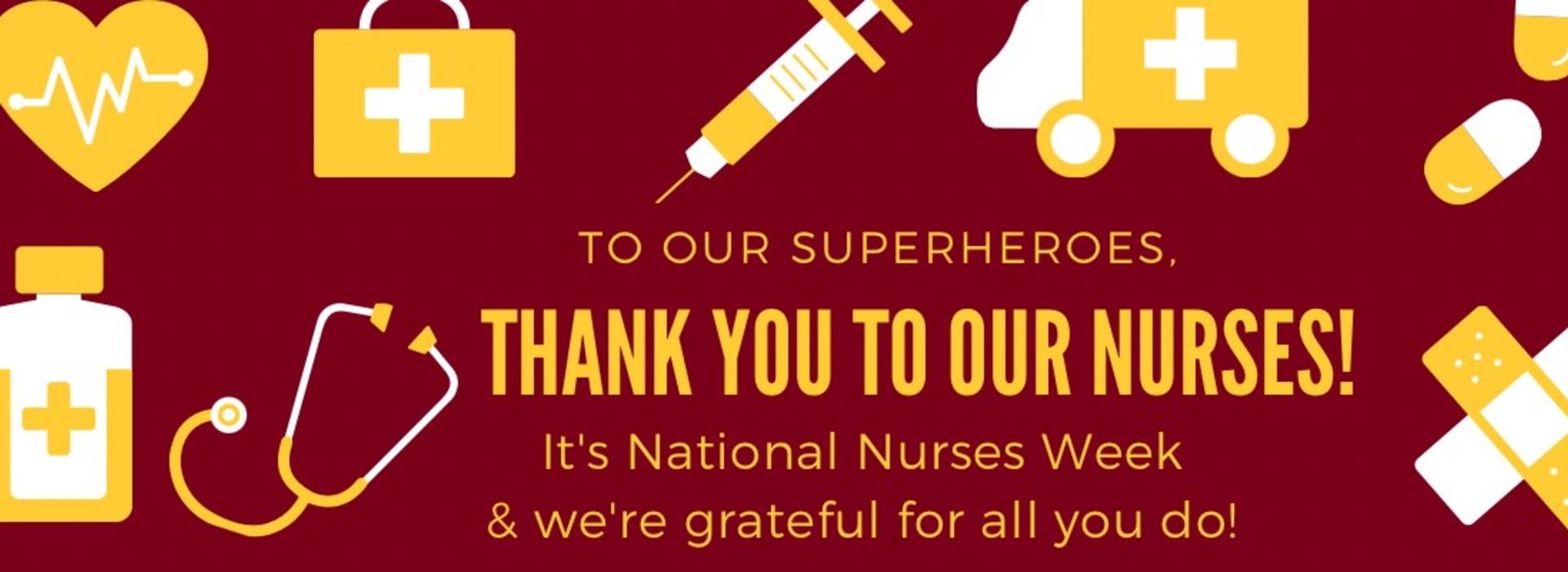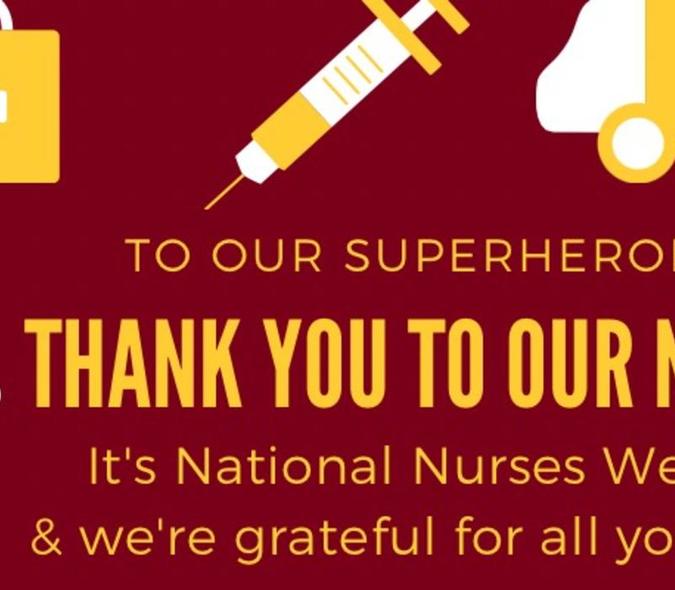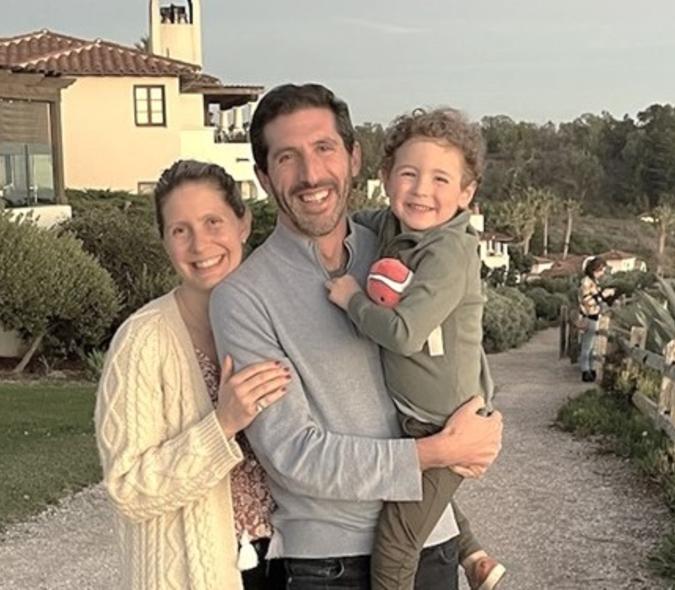
National Nurses Week: Compassion, patience and being willing to listen are hallmarks of a good psychiatric nurse
We have been celebrating National Nurses Week, May 6-12, since 1993 when the American Nurses Association made the celebration official in this country. Within the week, May 6 is National Nurses Day, May 8 is National Student Nurse Day, and May 12 is International Nurse’s Day. May 12 is also the birthday of Florence Nightingale – the quintessential nurse.
We are commemorating this year’s National Nurses Week by profiling two of our psychiatric nurses – Radhika Patel, RN; and Victoria Valena, MSEd, MSN. Both have been with University of Minnesota Physicians (UMP) for more than three years and work in the adult outpatient setting. Patel graduated from the Chamberlain College of Nursing in Addison, IL. Valena earned her Master of Science in Counselor Education from the University of Dayton in Ohio, and then a Master of Science in Nursing from Capital University in Columbus, OH.
Rewarding career

Both nursing professionals were attracted to what they believe is a rewarding career. “We deal with many aspects of patient care and I enjoy all the variety,” said Patel (pictured at left). “I also enjoy working with patients and their families, helping them through a difficult time in their lives.” Valena agrees. “Prior to becoming a nurse, I was a mental health and substance abuse therapist and worked closely with community agency nurses,” she said. “I became interested because it appeared that they did what I did as a therapist — help patients learn how to manage their lives, cope with the sequelae of their mental illness and/or substance use and address the medication component of their treatment.”
Patel likes that aspect of psychiatric nursing. “It’s not like other types of nursing in which you see a patient, they go home and that’s pretty much it,” she said. “We work with our patients throughout the entire disease process. It’s what I enjoy the most.”
Valena was drawn to this kind of nursing for another reason. “The mind is fascinating to me, so psychiatry and neurology are the areas that I've always gravitated to,” she explained. “Psychiatric nursing is a natural outgrowth of my first love, which is mental health counseling.”
Unique challenges
This is a vulnerable patient population that presents unique challenges for its nurses. “Some days are rougher than others and you may get your feelings hurt,” said Patel. “It’s because our patients don’t realize the impact they have on you. They’re just frustrated with what they have to deal with in their lives.”
This is also a patient population that despite reaching out for help, may not follow through on the advice they are given. “That’s where we come in,” said Patel. “We continue to remind them about the treatment process they’re to follow and help them stay connected, whether it’s with another care team, case workers or social workers – anyone who can help them get through the process.”
Willing to listen — no matter what

Valena (pictured at left) acknowledges the challenge of not always being able to provide what her patients and families want. “In the outpatient environment, especially with the advent of COVID, needs have increased, and everyone — patients, families, and staff — are all taxed to the max with navigating the changes,” she said. “It's difficult for me, sometimes, to tell a patient that the problem they are presenting with when they call is not really something that can be addressed by a psychiatric nurse in an outpatient setting. For instance, some patients call the psych clinic when they should really be calling their primary care provider or another specialist. It's important to always feel compassion, though. They are calling because they know we care and sometimes I think that just knowing that someone cares enough to listen and try to understand can be enough, even if the help that can be given is limited.”
Strong team
Both nurses enjoy working with their UMP nursing team. “We all have different strengths that we bring to the table and work well together,” said Valena. “I'm personally tech-challenged, and there have been times when I reached out to our very tech-oriented RNCC [Registered Nurse Care Coordinator], David Snyder, with questions. It's like having my own help desk.”
Patel noted that their team also works with many other healthcare providers to care for their patients. “We partner with social workers, case managers, home health nurses who go to patients’ houses to give injections, and Independent Living Skills workers from the county,” she said. “We also partner with the psychotherapists to build that connection with the patient to help get them to the point where they can more effectively cope with their condition.”
Considering a career?
If you are considering a career as a psychiatric nurse, compassion is key, according to Patel. “You’re there to guide these patients, to hold their hands,” she said. “They often can’t comprehend what’s happening. They rely on your knowledge and you become an important part of their support network. You must also be a good listener and be very patient.” Valena agrees. “I would strongly advise anyone wanting to get into this area of nursing to look deep within to make sure that they are compassionate in nature and truly want to help people,” she said.



